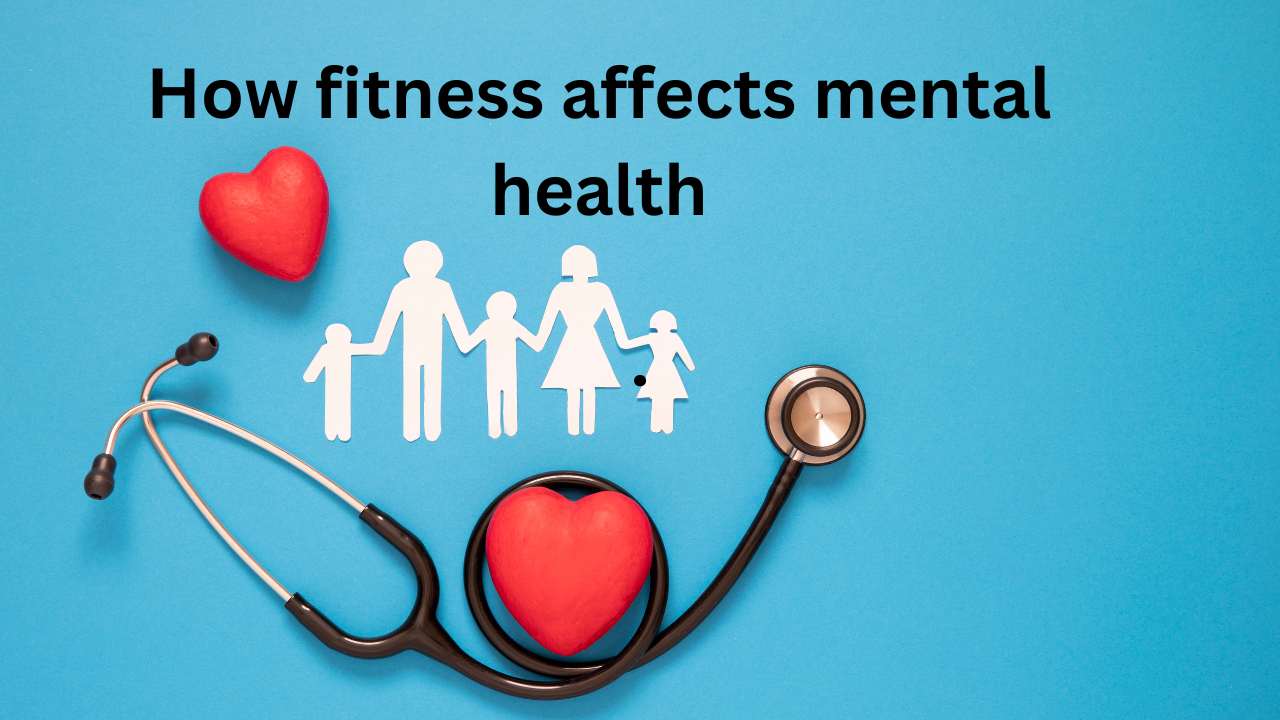Fitness and mental health are intricately connected, with regular physical activity playing a crucial role in enhancing mental well-being. This step-by-step guide explores the various ways in which fitness impacts mental health, from boosting mood and reducing stress to improving sleep and cognitive function. By understanding these connections, you can harness the power of fitness to foster a healthier mind and body.
Step 1: Understanding the Basics of Fitness and Mental Health
Before diving into the specific benefits, it’s essential to understand the basics of fitness and mental health. Fitness refers to a state of physical well-being achieved through regular exercise, proper nutrition, and adequate rest. Mental health encompasses emotional, psychological, and social well-being, influencing how we think, feel, and act. The interplay between these two aspects is profound, with fitness directly affecting mental health in numerous ways.
Step 2: Exercise and the Release of Endorphins
Physical activity stimulates the release of endorphins, often referred to as “feel-good” hormones. These chemicals interact with receptors in the brain to reduce the perception of pain and trigger positive feelings, similar to the effects of morphine. Regular exercise, such as running, swimming, or cycling, can lead to a sustained increase in endorphin levels, contributing to improved mood and reduced feelings of depression and anxiety.
Step 3: Reducing Stress through Physical Activity
Exercise is a powerful stress reliever. Physical activity increases the production of norepinephrine, a chemical that helps moderate the brain’s response to stress. Additionally, engaging in regular exercise helps reduce levels of cortisol, the body’s primary stress hormone. Activities like yoga, tai chi, and even brisk walking can help mitigate the effects of stress, promoting a sense of calm and relaxation.
Step 4: Improving Sleep Quality
Quality sleep is essential for mental health, and regular exercise can significantly improve sleep patterns. Physical activity increases time spent in deep sleep, the most restorative sleep phase, and helps regulate the body’s internal clock. Better sleep leads to improved mood, sharper cognitive function, and reduced anxiety. Aim for at least 30 minutes of moderate exercise most days of the week to enjoy these sleep benefits.
Step 5: Boosting Self-Esteem and Confidence
Engaging in regular fitness activities can boost self-esteem and confidence. Achieving fitness goals, whether it’s running a 5k, lifting heavier weights, or mastering a new yoga pose, fosters a sense of accomplishment and self-worth. This positive self-perception extends beyond the physical benefits, improving overall mental well-being and resilience against stress and challenges.
Step 6: Enhancing Cognitive Function
Exercise has been shown to enhance cognitive function, including improved memory, attention, and problem-solving skills. Physical activity increases blood flow to the brain, promoting the growth of new neurons and improving brain plasticity. Activities that combine physical and mental challenges, such as dancing, martial arts, or team sports, can be particularly beneficial for cognitive health.
Step 7: Social Interaction and Support
Participating in group fitness activities or sports can provide valuable social interaction and support. Building connections with others through shared physical activities can reduce feelings of loneliness and isolation, which are significant risk factors for mental health issues. Group exercise classes, sports teams, and fitness communities offer opportunities for social engagement, camaraderie, and mutual support.
Step 8: Developing a Routine and Setting Goals
Establishing a regular fitness routine and setting achievable goals can provide structure and purpose, which are essential for mental health. A consistent exercise schedule helps create a sense of normalcy and control, reducing anxiety and promoting a positive outlook. Setting and achieving fitness goals, no matter how small, reinforces a sense of progress and motivation.
Conclusion:
In conclusion, the connection between fitness and mental health is undeniable. By incorporating regular physical activity into your routine, you can experience a range of mental health benefits, from improved mood and reduced stress to better sleep and enhanced cognitive function. This step-by-step guide highlights the key ways in which fitness can positively impact mental health, encouraging you to embrace an active lifestyle for a healthier mind and body. Whether you’re starting a new fitness journey or looking to deepen your existing routine, the mental health benefits of exercise are within reach for everyone.


